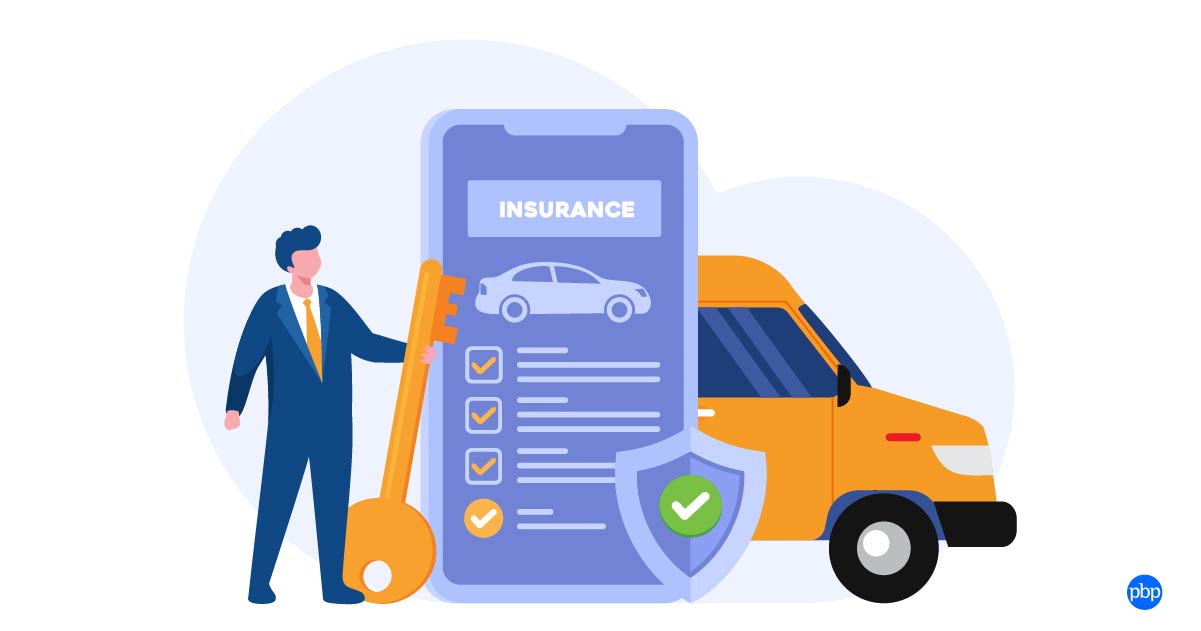Selling commercial insurance to business owners isn’t just about policies and premiums; it’s about protecting dreams, securing futures, and offering peace of mind to business owners. But how do you convince them that insurance is not an expense, but a necessity? Here are powerful tips to help you win trust, close deals, and grow your commercial insurance business.
What is Commercial Insurance?
Commercial insurance is a type of insurance designed to protect businesses from financial losses due to risks like property damage, liability claims, employee injuries, and business interruptions. It helps businesses stay financially secure by covering unexpected events that could impact operations.
Types of Commercial Insurance
- Property Insurance – Covers damages to business property due to fire, natural disasters, theft, or vandalism.
- Liability Insurance – Protects against legal claims for third-party injuries or property damage caused by the business.
- Workers’ Compensation Insurance – Provides financial support for employees who met with work-related injuries or illnesses.
- Business Interruption Insurance – Covers income loss due to unexpected events like fire, floods, or other disasters.
- Cyber Insurance – Covers financial losses from cyber threats that occurred due to hacking, data breaches, or ransomware attacks.
- Commercial Vehicle Insurance – Covers business-owned vehicles against damages, accidents, and third-party liabilities.
- Group Health Insurance – Provides health coverage for employees, ensuring their well-being and productivity.
- Directors & Officers (D&O) Insurance – Protects business leaders from personal liability for decisions made in their professional roles.
Challenges of Selling Commercial Insurance
Selling commercial insurance comes with its own set of challenges. The industry is highly competitive, making it difficult to stand out. Many business owners purchase insurance not out of genuine interest but to meet legal or contractual requirements. As a result, they often prioritize the lowest-cost option rather than evaluating the true value of coverage.
Here are the key strategies to sell commercial insurance to business owners
Understand the business needs
Each business is unique, with distinct risks and coverage requirements. Take the time to research your prospect’s industry, operations, and potential liabilities. By demonstrating in-depth knowledge of their business, you can tailor your pitch to the right commercial insurance to address their specific concerns, making your offer more compelling.
Energetic & Strong Personality
To stand out as an insurance agent, you must be proactive and engaging. Clients are more likely to connect with someone who takes initiative and confidently shares insights about their offerings. A positive attitude and persistence are key—rejections are part of the journey, but resilience and patience will help you succeed. Handle every interaction with ease, stay determined, and never give up!
Exemplary Marketing Skills
For selling commercial insurance to business owners, having an entrepreneurial mindset is key. A successful agent not only promotes the products effectively but also creates a sense of urgency, helping business owners understand the importance of timely coverage. Additionally, they leverage client referrals, expanding their reach and building a strong network within the business community.
Offer Comprehensive Risk Assessment
Business owners prefer those insurance agents who provide value beyond just selling policies. Conduct a thorough risk assessment and identify coverage gaps that could leave their business vulnerable. Providing a detailed analysis can help you position yourself as a trusted advisor rather than just a salesperson.
Share testimonials and case studies of your existing clients.
Case studies and testimonials can add credibility to your pitch and make prospects more comfortable making a decision. Business owners trust the experiences of their peers. Sharing the success stories of how your commercial insurance solutions have helped other businesses mitigate risks and recover from losses makes it easier to sell commercial insurance to business owners.
Offer Flexible Payment Plans
Many business owners avoid investing in insurance premium payment plans due to budget constraints. If possible, provide flexible payment options or installment plans to make premiums more manageable. Highlighting affordability can make it easier for prospects to commit to coverage.
Stay Updated on Industry Trends
The commercial insurance landscape is constantly evolving, with new risks, such as cybersecurity threats and climate-related damages. Stay informed about industry trends and update your offerings accordingly. This positions you as a knowledgeable resource, giving you a competitive edge.
Bottom Line
Selling commercial insurance requires expertise, patience, and a consultative approach. By understanding business owners' concerns, providing valuable insights, and positioning yourself as a trusted advisor, you can build long-term client relationships and achieve sustained success in commercial insurance sales.
FAQs
How can I effectively sell commercial insurance to business owners?
To sell commercial insurance successfully, understand the specific risks and needs of each business. Offer tailored solutions, highlight key benefits, and build trust through expertise and transparency.
What is the best way to approach a business owner for insurance?
Start by researching their industry and identifying potential risks. Use a consultative approach rather than a sales pitch—ask about their concerns, educate them on coverage options, and explain how insurance protects their business.
How can I differentiate myself from other commercial insurance agents?
Offer personalized service, stay updated on industry trends, and provide real-life case studies or testimonials. Position yourself as a trusted advisor rather than just a salesperson.
What objections do business owners usually have, and how do I handle them?
Common objections include cost concerns, lack of urgency, or existing coverage. Address these by explaining value over price, potential risks of being underinsured, and coverage gaps in their current policy.
How important is networking in selling commercial insurance?
Networking is crucial. Attend business events, join industry groups, and connect with professionals through LinkedIn. A strong network leads to referrals and trust-building within the business community.









